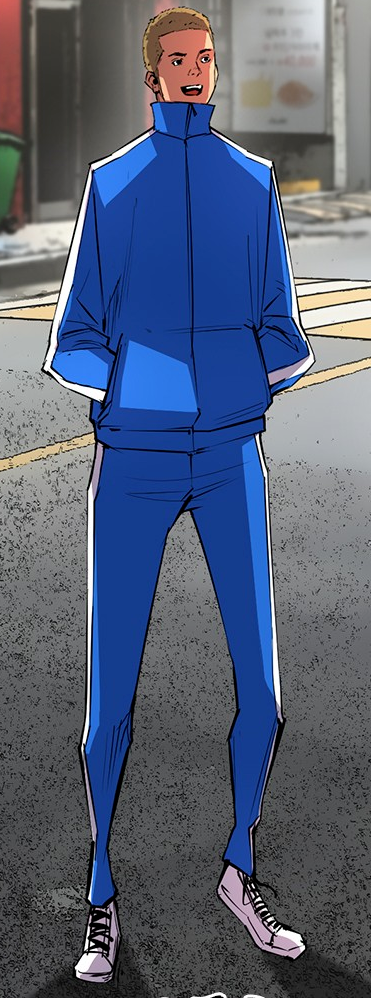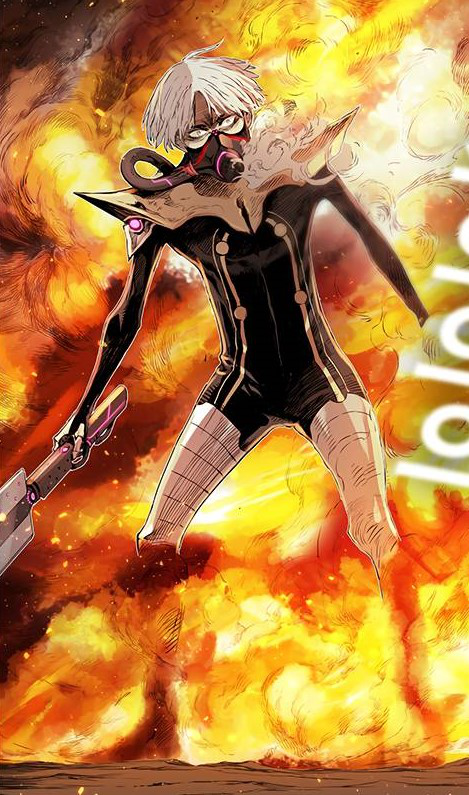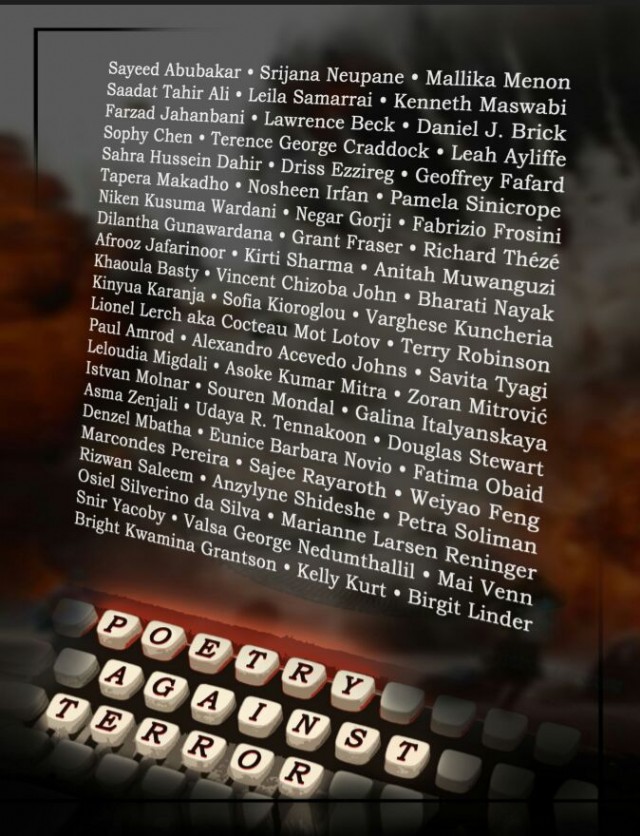

Terrorism is a contested concept, and polemical political discourse and social science use interfere with each other, leading to misunderstandings. This collection honours their vision.ĭr Tim Wilson, Director, CSTPV, August 2020ĭiscussion 1 - Revisiting the wicked problem of defining terrorism CSTPV’s founding fathers, Paul Wilkinson and Bruce Hoffman saw that only too clearly back in August 1994. As the troubled 21st century enters its third decade, as the ingenuity of human cruelty continues to dazzle our public life, as new threats continue to breed relentlessly, the need for sharply-focused and rational analysis of terrorism only grows. Yet over 25 years CSTPV has put St Andrews firmly on the map as the ideal place from which to contemplate the dynamics of horrific mayhem. And given just how radically the world changed just after the November 2019 symposium due to the eruption of the Covid-19 crisis, it seems only appropriate that discussion should close dramatically – with a fresh examination of the provocative concept of ‘Apocalyptic Terrorism’.Ī remote clifftop in eastern Scotland might not be the most obvious location for investigating such dramatic horrors: after all, terrorism remains largely a phenomenon of the big city.
#RED SWAN TERROR MAN HOW TO#
It is therefore only fitting that some of the pieces here return to classic debates: on how to delineate terrorism as a phenomenon, and religion’s role in generating it.īut other pieces here capture how key debates have evolved radically in the quarter century since CSTPV was founded and as such reflect the evolving interests of younger generations of scholars: taking in the contested efficacy of terrorism and its bewildering persistence, as well as its deep inter-penetration with other forms of violent conflict such as civil war. Some of the older speakers had been among the founding pioneers who decades ago fought to have terrorism recognised as a serious subject worthy of academic investigation in its own right. Terrorism constitutes a messy and broad subject area for academic enquiry. Quite deliberately, the range of debates printed here has been kept very wide-angled. True addicts, though, may find videos of the original sessions online here: Thus the whole special issue tries to retain a little of the quality of lively debate and interchange of opinion that marked the original gathering. Short versions of original papers given at the symposium are reproduced: but each paper is, in turn, commented upon by another esteemed contributor. Its format has been deliberately cast as an academic conversation in print.

This special edition of CVIR seeks to capture the general effervescence of that symposium. Indeed, it was to celebrate the 25th anniversary of the CSTPV’s foundation that leading academics gathered in St Andrews on 7-8th November 2019 to debate the past, present and future study of terrorism. Yet that very same month the Centre for the Study of Terrorism and Political Violence at the University of St Andrews (CSTPV) was founded: and with it an enduring scholarly tradition that continues to evolve.

Even the Provisional IRA called their first ceasefire for nearly two decades, in August 1994.

Even the superb Global Terrorism Database managed to lose an entire year’s worth of data around this time. In short, terrorism seemed a distinctly faded and fading phenomenon. During the immediate aftermath of the Cold War – the period portentously proclaimed by Francis Fukuyama as ‘the End of History’ –the freelance atrocities of anti-state groups often seemed a rather trivial subject: especially when viewed against the genocidal tableaux of Bosnia and Rwanda. So it is hard to recall the general quality of public debates a quarter of a century ago: and, in particular, their prevailing tone of optimism that terrorism was yesterday’s nightmare. Everybody was telling me that, with the end of the Cold War and the demise of the Soviet Union, terrorism was going to end.Ĭomplacency has no half-life. Everybody was telling me there was no funding for terrorism research.


 0 kommentar(er)
0 kommentar(er)
